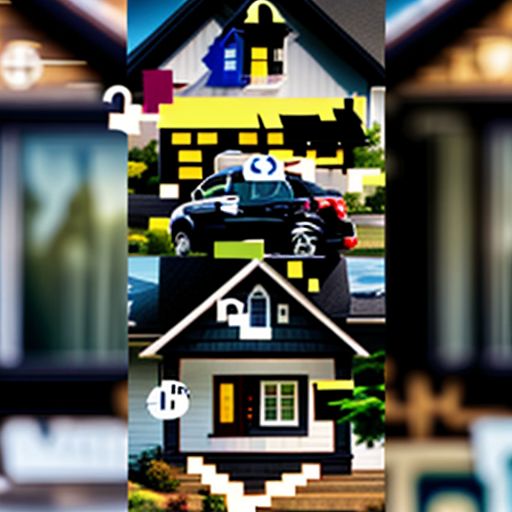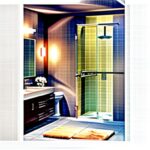You’ve finally decided to tackle that kitchen remodel or bathroom upgrade. You’re excited about the changes, but then reality sets in: how are you going to pay for it? Home improvement projects can quickly get expensive. That’s where finding the Best Loan For Home Improvement comes in.
This guide is here to walk you through the options, the terminology, and ultimately, how to choose the financing that’s right for your unique situation.
improvement.daohocthuat.com/wp-content/uploads/2024/07/home-improvement-loan-options-6695fb.jpg" alt="Home Improvement Loan Options" width="512" height="512">Home Improvement Loan Options
Understanding “Best Loan For Home Improvement”
When we talk about the “best” loan, it’s not one-size-fits-all. What’s best for you depends on several factors:
- Your credit score: A higher credit score often unlocks lower interest rates, saving you money over the life of the loan.
- How much equity you have in your home: Equity is the value of your home minus what you owe on your mortgage.
- The overall cost of your project: Smaller projects might be manageable with a personal loan, while larger renovations could require tapping into your home’s equity.
Types of Home Improvement Loans
## Home Equity Loans:
- What they are: With a home equity loan, you borrow against the equity you’ve built in your home. This means you get a lump sum of money upfront.
- Pros: Typically offer lower interest rates than personal loans because your home acts as collateral.
- Cons: You’re putting your home at risk if you can’t repay the loan.
## Home Equity Lines of Credit (HELOCs):
- What they are: A HELOC is also based on your home’s equity, but it works like a credit card. You have a credit limit you can borrow from as needed during a set “draw period.”
- Pros: Flexibility to borrow only what you need, when you need it.
- Cons: Interest rates are often variable, which means they can fluctuate over time.
## Personal Loans:
- What they are: Unsecured loans that aren’t tied to your home.
- Pros: Easier to qualify for than home equity products, and they don’t put your home at risk.
- Cons: Typically come with higher interest rates, especially if you have fair or poor credit.
## FHA 203(k) Loans:
- What they are: Backed by the Federal Housing Administration, these loans allow you to finance both the purchase of a home and the cost of renovations into a single mortgage.
- Pros: Great for buying a fixer-upper.
- Cons: Can be more complex to qualify for and have a longer closing process.
Frequently Asked Questions About Home Improvement Loans:
### How much can I borrow?
The amount you can borrow varies depending on the loan type, your home’s equity (for equity-based loans), your creditworthiness, and the lender’s requirements.
### What is a good interest rate?
A “good” interest rate is relative and constantly changing based on market conditions. It’s always wise to shop around and compare offers from multiple lenders to secure the most competitive rate.
### How can I improve my chances of getting approved for a loan with favorable terms?
Improving your credit score, lowering your debt-to-income ratio, and demonstrating a stable income can all increase your likelihood of approval and help you get better loan terms.
Choosing the Right Loan: Your Next Steps
Navigating the world of home improvement loans can feel overwhelming, but it doesn’t have to be. By understanding the different options, asking the right questions, and comparing offers, you can find the financing that empowers you to create the home of your dreams.
Remember: Always consult with a qualified financial advisor to discuss your specific financial situation and goals before making any major borrowing decisions.


